On Getting Kicked Out of a Facebook Cheesemaking Group
When I first started making cheese, I was thrilled to discover a couple cheesemaking facebook groups where thousands of people gathered to ask questions, show off homemade cheeses, and share advice. I thought it was wonderful. I mean, it was wonderful . . . until it wasn’t.

Unfortunately, some of those groups turned out to be – how shall I put it? – close-minded, riddled with paranoia, and fear-based. The administrators thwarted intelligent discussion and debate by turning off comments on posts showcasing cheeses that they didn’t deem safe (based on their criteria), and they similarly silenced dialogue regarding genuine concerns about sanitation and cheesemaking safety. Or dialogue about anything they disagreed with, really.
I began to notice that the more time I spent on those pages, the more insecure I felt about my own cheesemaking. My cheeses often looked like the cheeses they advised against eating, and the more I witnessed their rampant cheese condemnation, the worse I felt about the cheeses I was making. I contemplated leaving the group, but I couldn’t quite bring myself to sever ties entirely – the group did boast an enormous wealth of cheesemaking advice. Eventually, I ended up compromising by muting the group for 30 days at a time whenever I needed a break.
But then someone shared a photo of a gorgeous Derby cheddar they’d made following my recipe on one of the touchy facebook groups, and they thoughtfully gave me credit, and, well, one of the admins then told him that they didn’t approve of my channel (kettles on the kitchen floor and funky smelling cloths and insufficient culture were some of the examples cited). I was surprised and a little aggrieved (because I hadn’t done anything that went against community guidelines), but also a little bit entertained because ooo, drama!. But then a day or so later the group was gone from my feed — I’d been booted off. Humph.
I debated sharing this story. I don’t want to add fuel to a fire, and I definitely don’t want to get mired down by pettiness. But then I realized there’s a bigger issue at play here and it deserves to be talked about, and it is this: Do Not Underestimate the Value of Good Mentors. (I’m talking about cheesemaking mentors here, but this applies to any kind of mentor, really.)
See, that Facebook group claims to be a cheesemaking community that encourages people to make cheese – they want to (and often do, I suppose) mentor new cheesemakers – but there is a disconnect between what they are saying and what they are doing. How do I know this? Because of how they made me feel.
Here’s how you know you have a good mentor: you will feel emboldened, inspired, challenged, creative, and curious. You will find yourself taking risks and giggling happily over new discoveries. You’ll develop an increased ability for uncertainty and discomfort. Failure will start to feel like a stepping stone to deeper understanding. You will want to keep doing the thing you are doing.
If you don’t feel this way – if you find that your creative energy is diminishing and your self-doubt rising, and if, especially if, you find that your mentor makes you feel inferior – move on. Learning a new skill is hard, vulnerable work. In order to open yourself up to learning, it’s imperative that you feel supported enough to take big risks, fail extravagantly, and then get back up and keep going.

So to sum it all up, guard your creativity and your mental health, friends! Go out of your way to find good mentors. You, and the cheeses you make, are worth it!
P.S. Since getting booted off that Facebook group, I’ve found a number of other facebook groups that are genuinely supportive, inclusive, curious, open-minded, and absolutely chock full of skilled cheesemakers. Two of my favorites are Cheesemaking at Home and Homestead Cheesemakers.
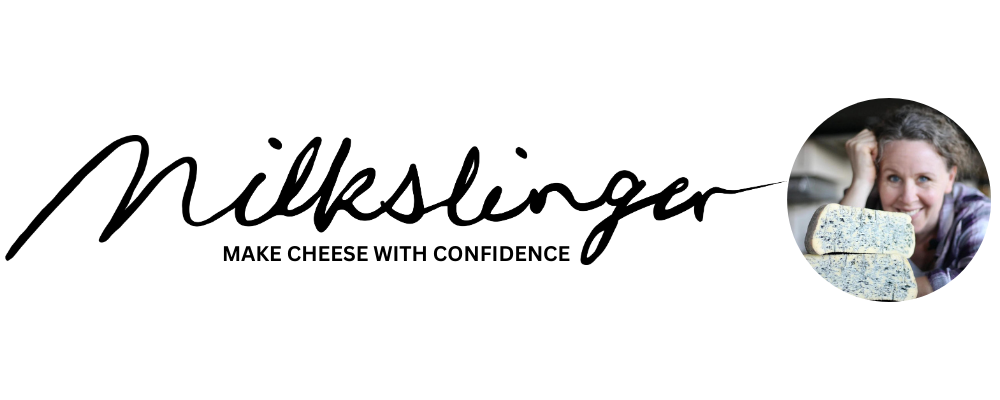
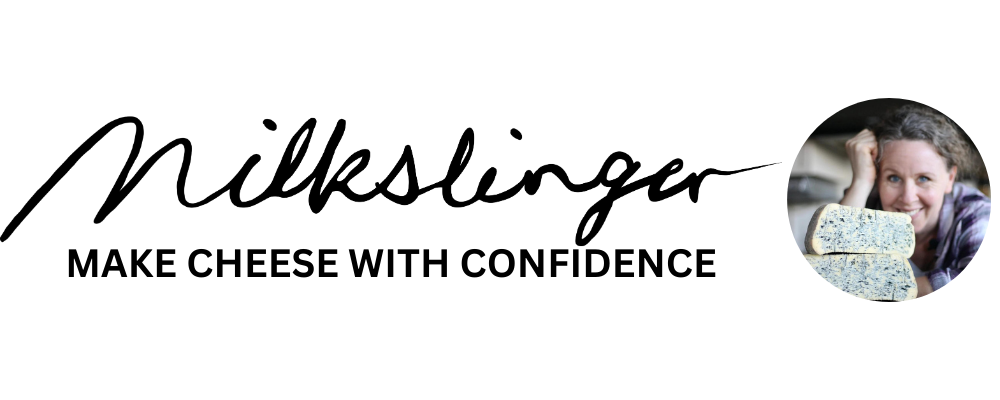
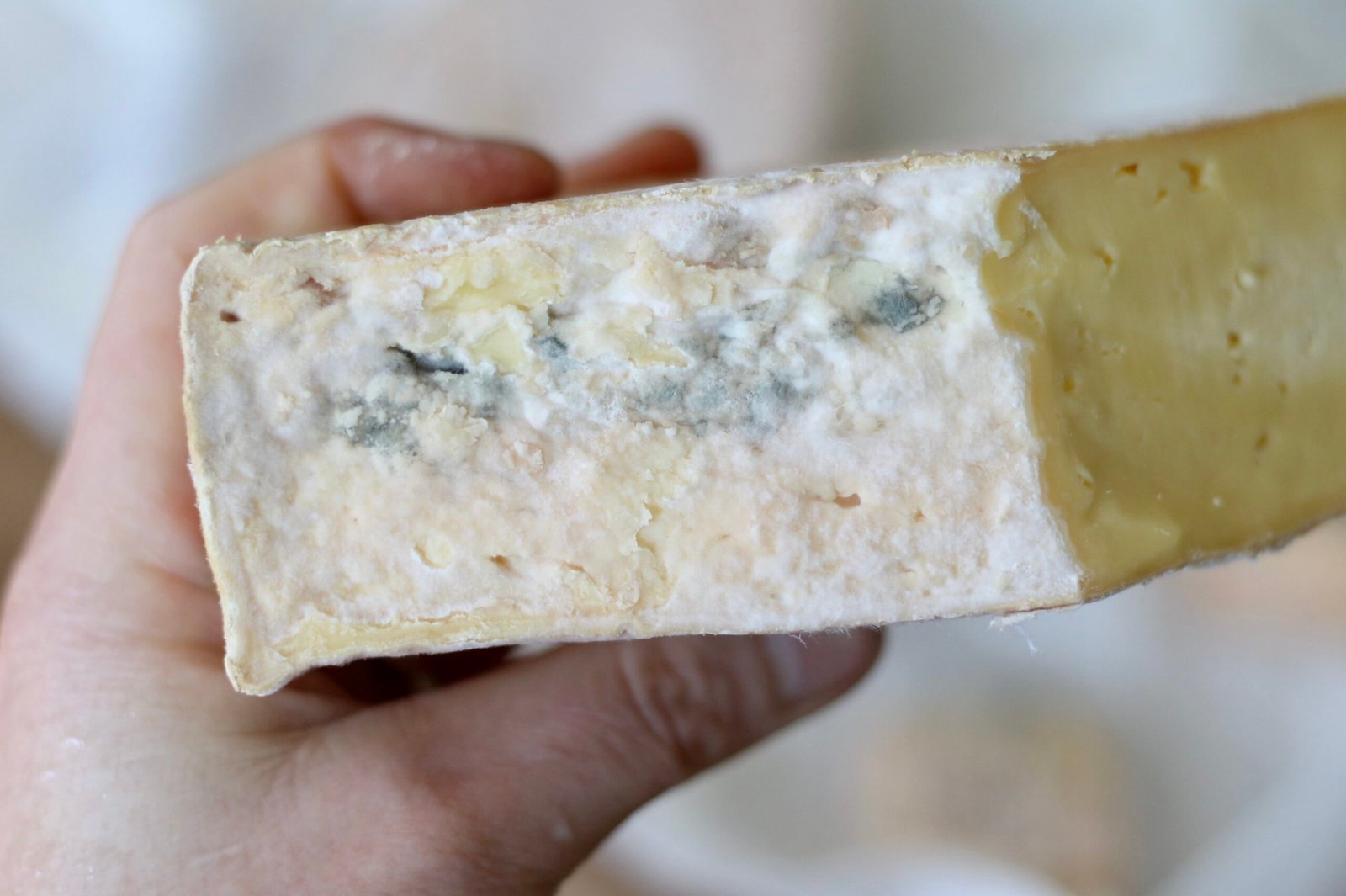
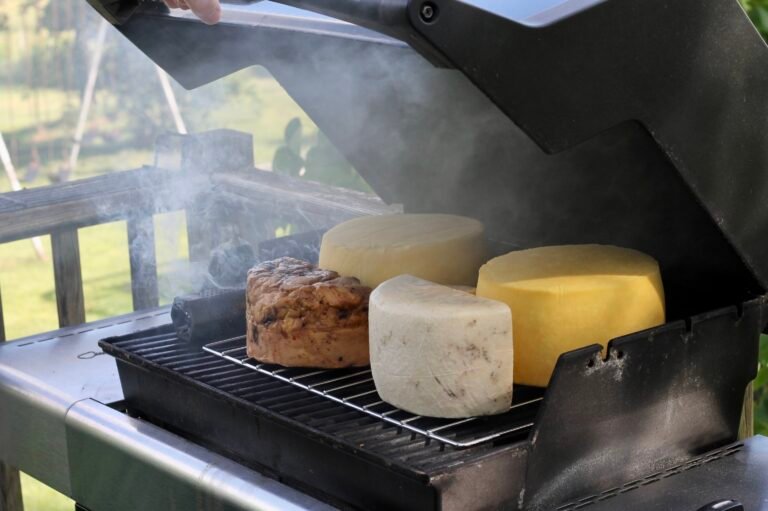
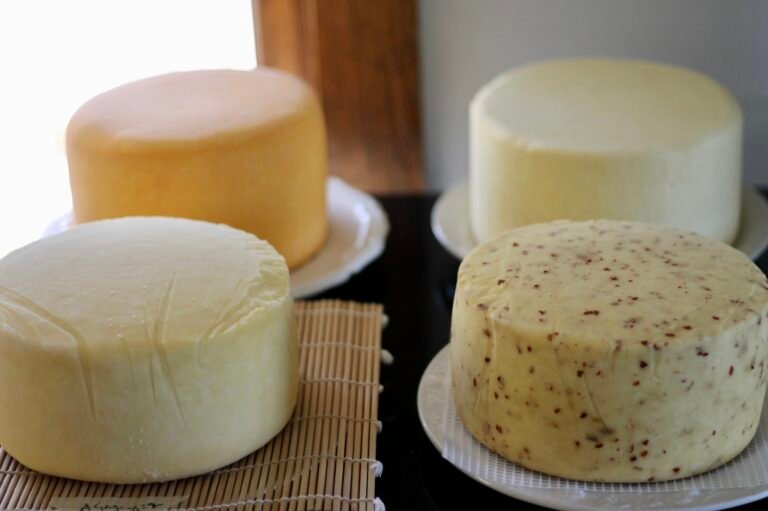
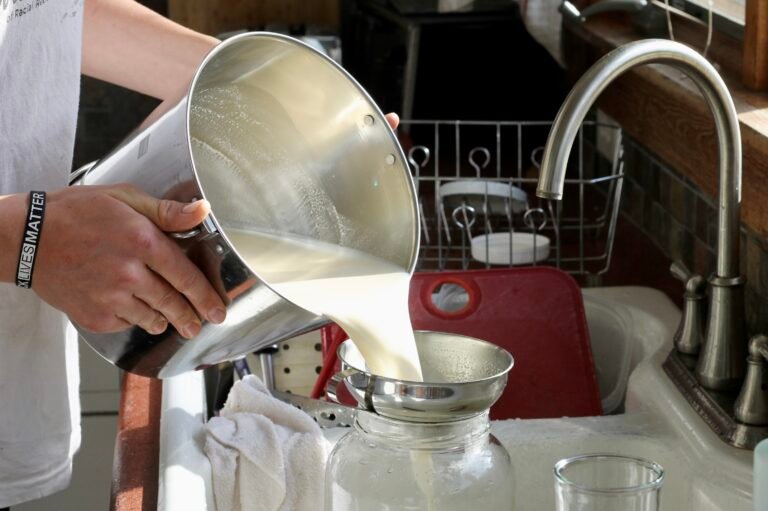
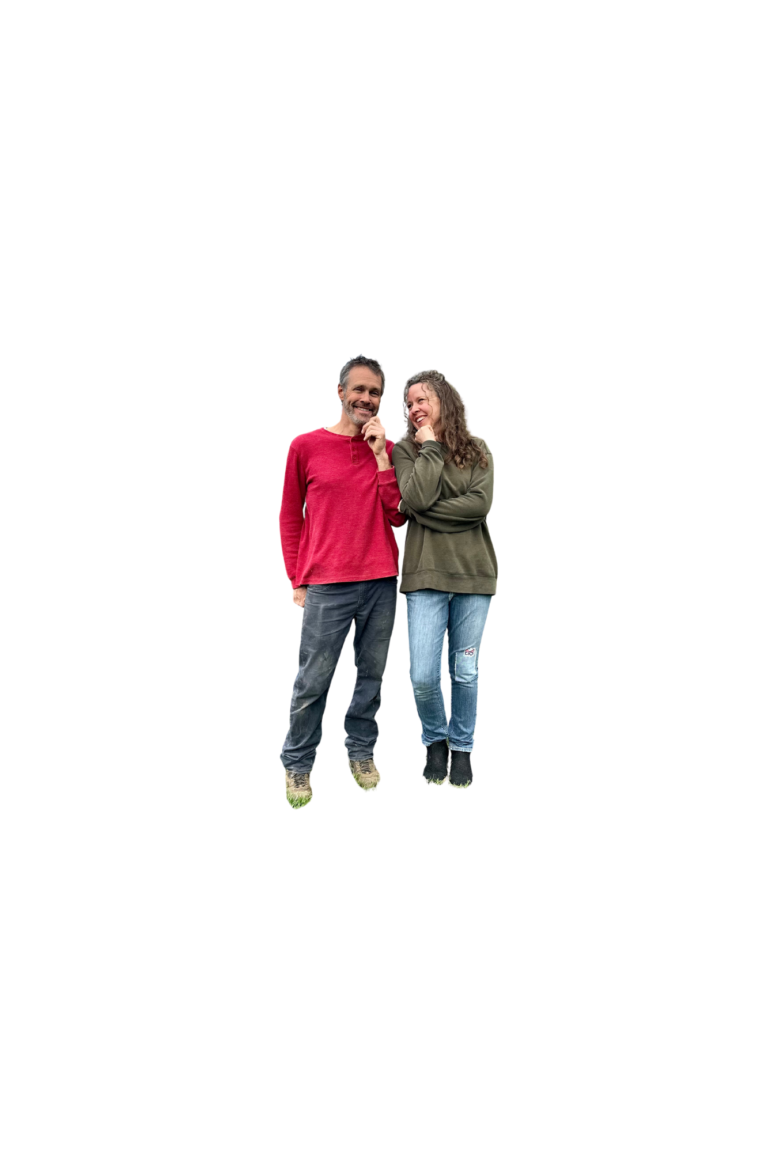
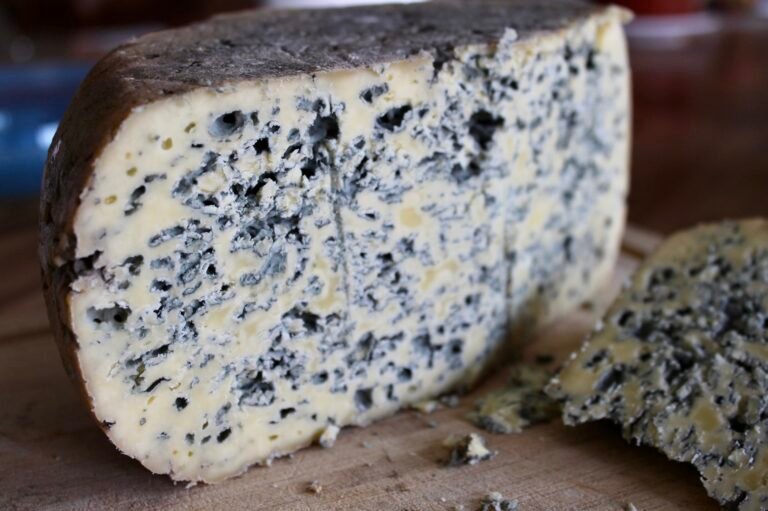
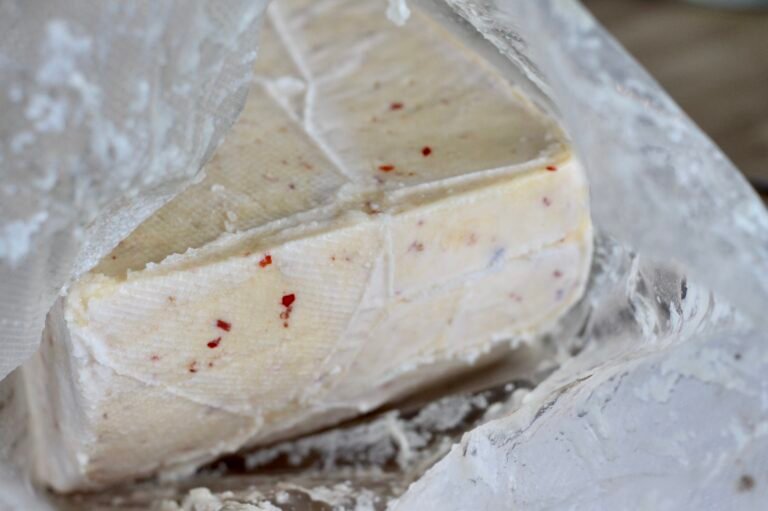
I enjoy your cheese making information. Makes me want to try new things. Did clabber after watching you online. I’m trying new things.
THANK YOU!
Our first ever dairy heifer freshened in March (backstory: Life-shifting move across the country. Family of 4 living in an RV park in a new state, unsure where we will settle. Me: “Wouldn’t it be fun to have a milk cow?!?!” God: smile. Neighbor one week later: “Anyone around here interested in a Jersey calf?”) None of us had ever touched a cow in our lives.
We were able to put her in a fenced-in field at the RV park and raise her there. Had her bred *right* before we moved to land out in the heat of Central Texas. Here we are, a year later, living out of TWO RV’s (sigh) – one our living quarters & one a set-up for dairy processing/canning/preserving/homeschool library. We’ve been milking our Daisy May TAD since March & my kids bottle-raised her so-cute Jersey heifer who is in love with them.
I am LOVING this experience and my husband built me a cheese press. I felt very intimidated but purchased Kate’s cheesemaking courses & watched them obsessively until I finally took the plunge and made my first cheese last month. I was hooked! I made 4 wheels in a week or so.
I joined FB groups in my excitement to learn all things cheese, only to discover from them I am doing it all wrong and all my cheeses are contaminated and my fridge isn’t the right temp and I need better tools and my clabber is rotten. I was having so much fun in my blissful ignorance! I threw away my first 4-lb clabber alpine wheel because I was told it was contaminated from a picture I shared. My husband was very disappointed.
I found your channel a few days ago and have been binge-watching and so enjoying it. I’m inspired again!
I’m going to leave the groups that stress me out! And support the creators who inspire me. I had to do the same thing with dairy cow FB groups who had me convinced every thing I did with my cow was wrong.
Thanks again!
These comments feel very relevant to me. I like to do things the “right way” but everything in balance, right? What if Alladin had someone paranoid tell him his milk in his cow stomach pouch smelled weird so it couldn’t possibly be edible?! You get the idea. Learning involves embracing the unknown and the untried. Doing the same method over and over is settling for what’s safe at the possible expense of something maaaaaaaaavelous!! As Jennifer would say, WOO HOO!!